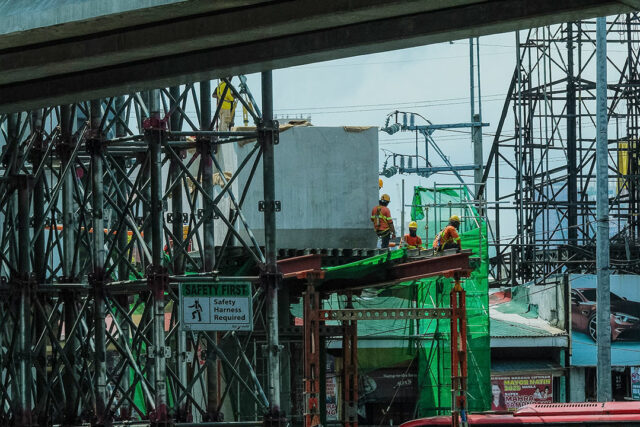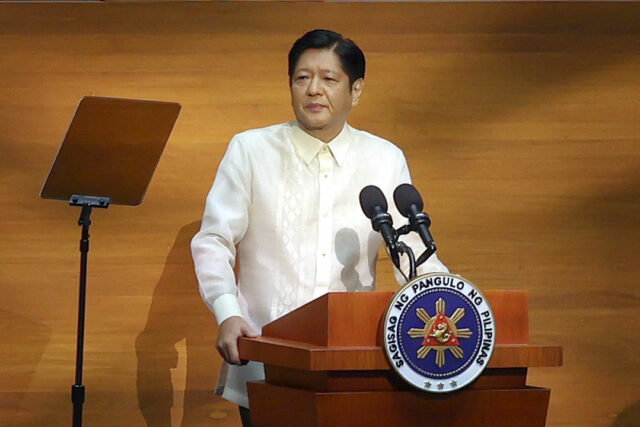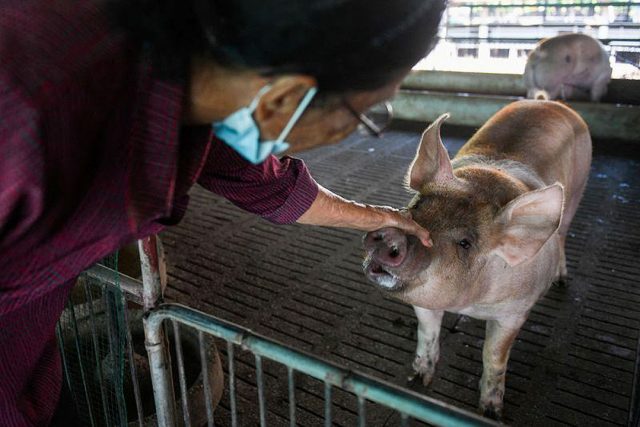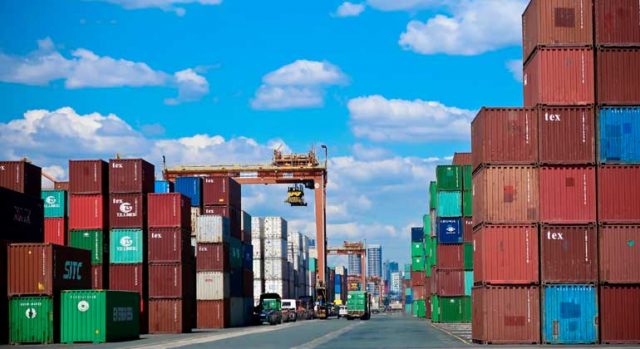Infrastructure spending expected to accelerate after election pause

INFRASTRUCTURE spending is expected to pick up in the third quarter after a pause during the run-up to the May elections, the Department of Finance (DoF) said.
“We expect that to pick up in the third quarter,” Finance Undersecretary and Chief Economist Domini S. Velasquez said on the sidelines of an event on Thursday.
The Department of Budget and Management (DBM) reported that spending on infrastructure and other capital outlays declined 9.2% to P123.8 billion in May.
In the first five months, spending fell 0.6% to P417.5 billion.
“The lower outturn was mainly attributed to the lagged effects of the election-related prohibition on public spending that in turn affected the disbursement performance of the Department of Public Works and Highways (DPWH) for its road infrastructure programs,” the DBM said in its disbursement report.
The Commission on Elections’ 45-day ban on public works spending started on March 28 and ended with the May 12 elections.
Budget Secretary Amenah F. Pangandaman has said that disbursements are expected to pick up in late May.
Meanwhile, Nigel Paul C. Villarete, senior adviser on public-private partnerships at the technical advisory group Libra Konsult, Inc., said a spending slowdown due to adverse weather is a “regular occurrence” and accounted for each year.
The government weather service, known as PAGASA, is forecasting up to 16 cyclones between August and December.
“However, we should not look at these negatively as these are regular and expected outcomes of our electoral processes and the occurrence thereof were already included and incorporated in the program and project planning of the various agencies of our government,” Mr. Villarete said via Viber.
The government has set a target for public infrastructure spending of 5%-6% of gross domestic product.
According to the Budget of Expenditures and Sources of Financing, the government is hoping to spend P1.54 trillion on infrastructure in 2025. — Aubrey Rose A. Inosante











